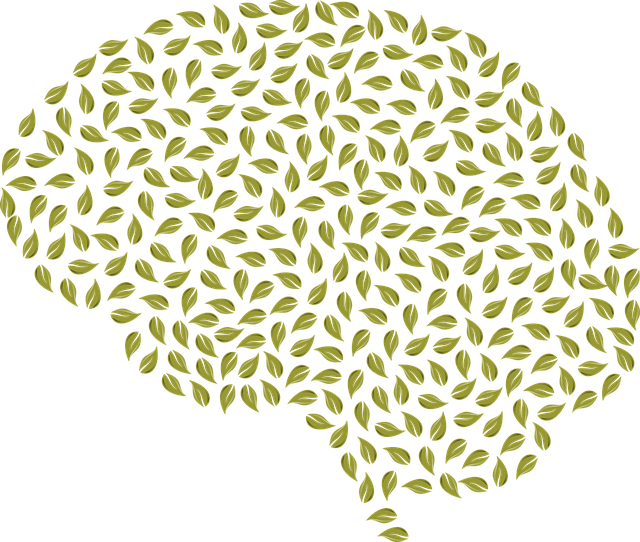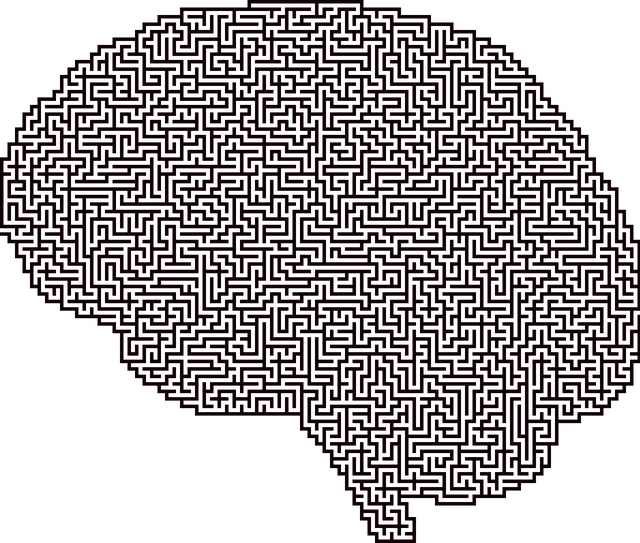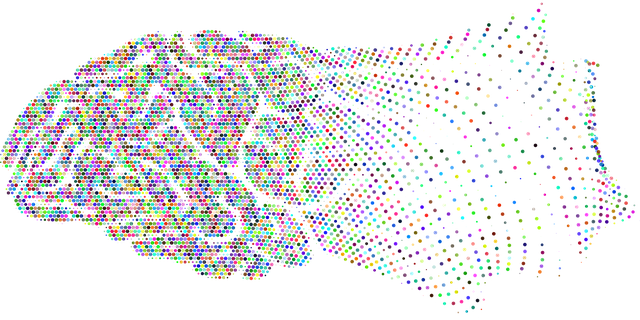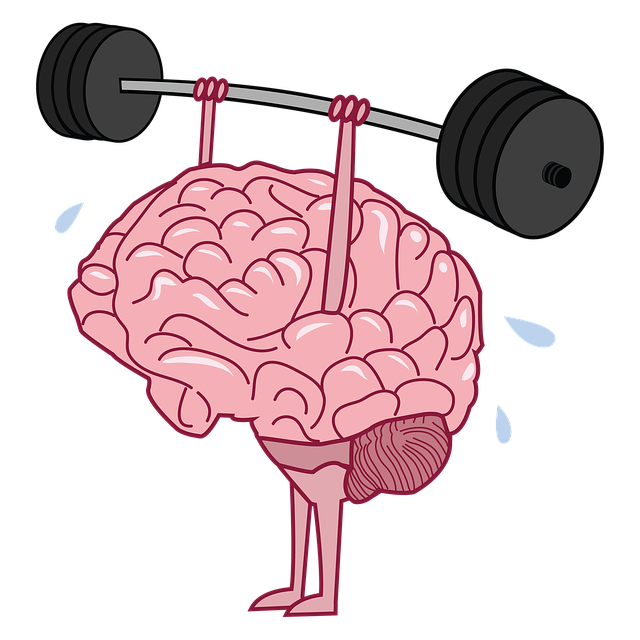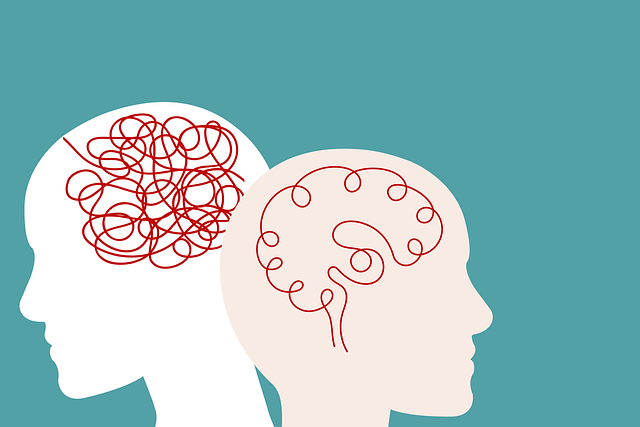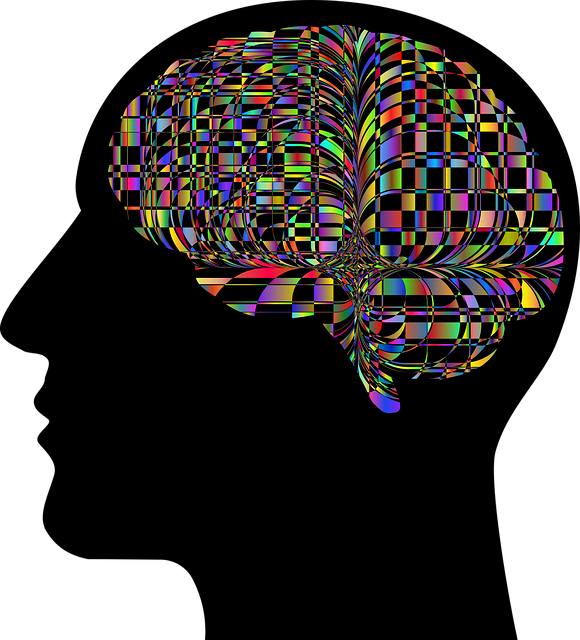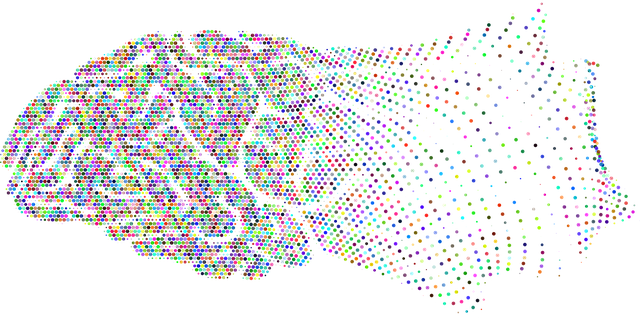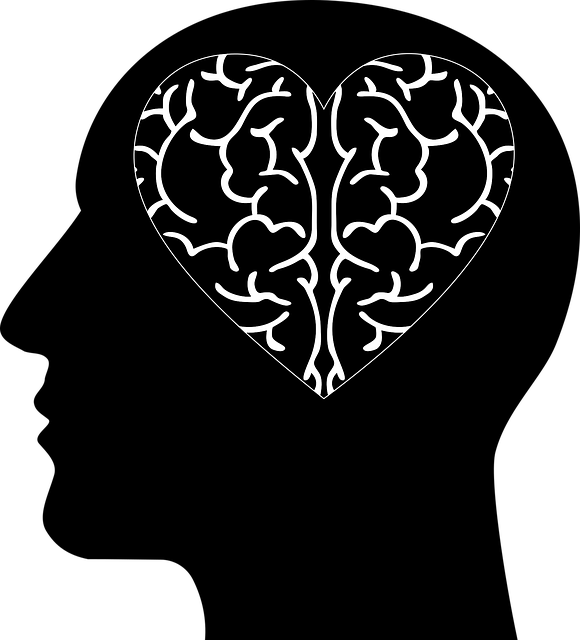Misdiagnosis of mental health issues, particularly eating disorders, in children aged 3-12 is a significant concern. A multi-faceted approach including crisis intervention, self-care encouragement, and stress reduction techniques like mindfulness and play therapy can enhance diagnostic accuracy. Digital tools offer personalized therapy sessions with real-time crisis support, combining technology with evidence-based practices for holistic care. Early intervention through tailored cognitive behavioral therapy (CBT) and awareness resources like podcasts is key to addressing eating disorders in young children, ensuring prompt support and improved long-term health outcomes (Therapy for Young Children Eating Disorders).
Mental illness diagnosis accuracy is a critical issue, especially when it comes to young children. This article delves into the understanding and challenges surrounding misdiagnosis in this vulnerable population, highlighting the pressing need for improved techniques. We explore innovative approaches to enhance mental health evaluations, focusing on early intervention and specialized therapy for eating disorders in kids. By implementing these strategies, we aim to ensure more accurate and effective care for young minds.
Key topics include the unique challenges of diagnosing mental illness in children and the transformative power of timely therapy for eating disorders.
- Understanding the Challenges: Misdiagnosis in Young Children
- Innovative Approaches: Enhancing Diagnosis Techniques
- The Role of Early Intervention and Therapy for Eating Disorders
Understanding the Challenges: Misdiagnosis in Young Children

Misdiagnosis is a significant challenge in child mental health, particularly affecting young children between 3 and 12 years old. The early years are crucial for cognitive and emotional development, and any missteps in diagnosis can lead to delayed or inappropriate therapy for young children eating disorders, among other conditions. Symptoms of mental illness in young kids often present differently than in adults, making accurate assessment complex. For instance, a child experiencing anxiety might express it through physical symptoms like stomachaches rather than overt fear or worry. Similarly, depression in children may manifest as irritability or acting out instead of persistent sadness.
This complexity necessitates a multi-faceted approach to improve diagnosis accuracy. Crisis intervention guidance plays a vital role by providing immediate support and assessment during intense emotional episodes. Additionally, encouraging Self-Care Routine Development for Better Mental Health can help children and their caregivers identify and manage symptoms proactively. Implementing stress reduction methods, such as mindfulness or play therapy, early on can also aid in preventing more severe mental health crises and improving diagnostic accuracy.
Innovative Approaches: Enhancing Diagnosis Techniques

In the pursuit of enhancing mental illness diagnosis accuracy, innovative approaches have emerged to revolutionize therapy for young children with eating disorders. Beyond traditional methods, professionals are now leveraging advanced techniques that blend psychological and technological interventions. For instance, digital tools offer personalized therapy sessions tailored to individual needs, making treatment more accessible and engaging. These platforms not only facilitate regular check-ins but also incorporate interactive elements to foster emotional regulation and positive thinking in young patients.
Additionally, crisis intervention guidance has been integrated into these innovative approaches, empowering therapists with real-time strategies to manage acute episodes. By combining the benefits of digital technology with evidence-based practices, healthcare providers can offer more comprehensive care, ultimately improving diagnosis accuracy and patient outcomes. This synergistic approach addresses not just symptoms but also underlying emotional dynamics, ensuring a holistic healing process for young individuals navigating eating disorders.
The Role of Early Intervention and Therapy for Eating Disorders

Early intervention plays a pivotal role in improving diagnosis accuracy and treatment outcomes for eating disorders. Targeting young children allows professionals to catch subtle signs and symptoms at an early stage, when disruptions in eating habits and body image are just emerging. Therapy tailored for this age group considers developmental stages and unique challenges faced by kids, ensuring more effective support.
Incorporating evidence-based practices such as cognitive behavioral therapy (CBT) into the treatment plan has proven beneficial. The Mental Wellness Podcast Series Production can serve as an educational resource for both parents and professionals, promoting awareness about eating disorders and available therapeutic approaches. Furthermore, Mental Health Policy Analysis and Advocacy should focus on improving access to early intervention programs and integrating them into routine healthcare to prevent severe complications associated with delayed treatment.
Mental illness diagnosis accuracy, particularly in young children, is a complex field that demands continuous improvement. By understanding the challenges associated with misdiagnosis and exploring innovative approaches like advanced assessment techniques, we can significantly enhance diagnosis accuracy. Early intervention and tailored therapy for eating disorders among youth prove to be game-changers, offering hope and better outcomes. Continued research and professional development in this area are crucial steps towards ensuring accurate and timely mental health support for all children.
